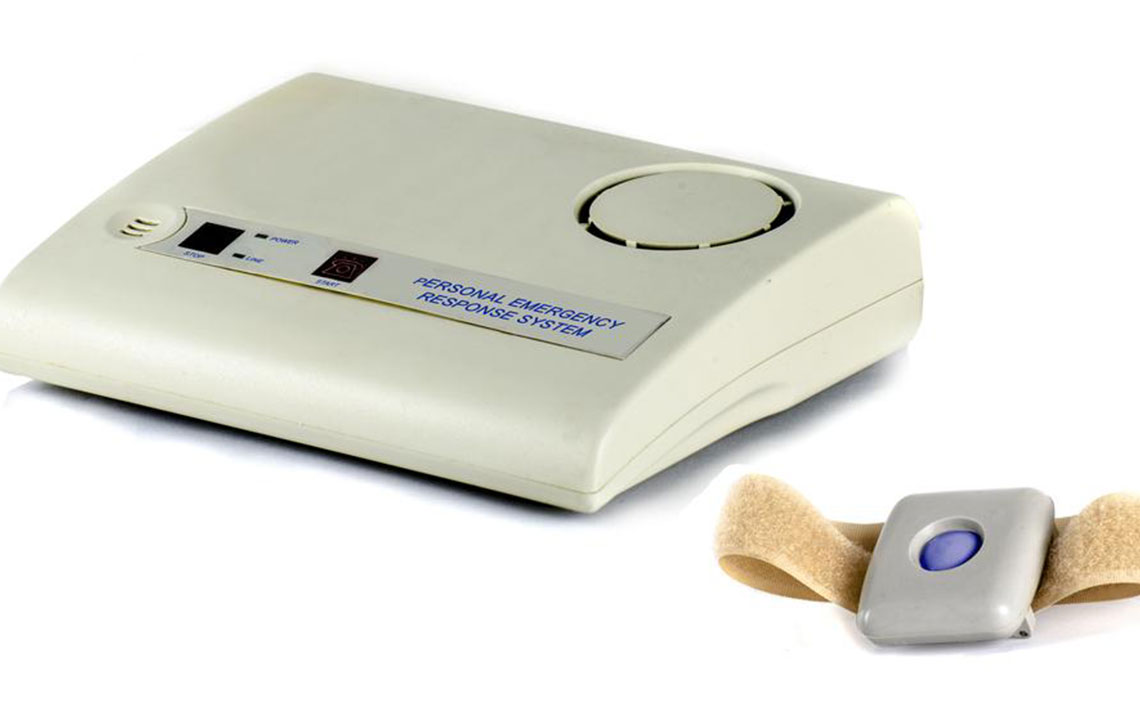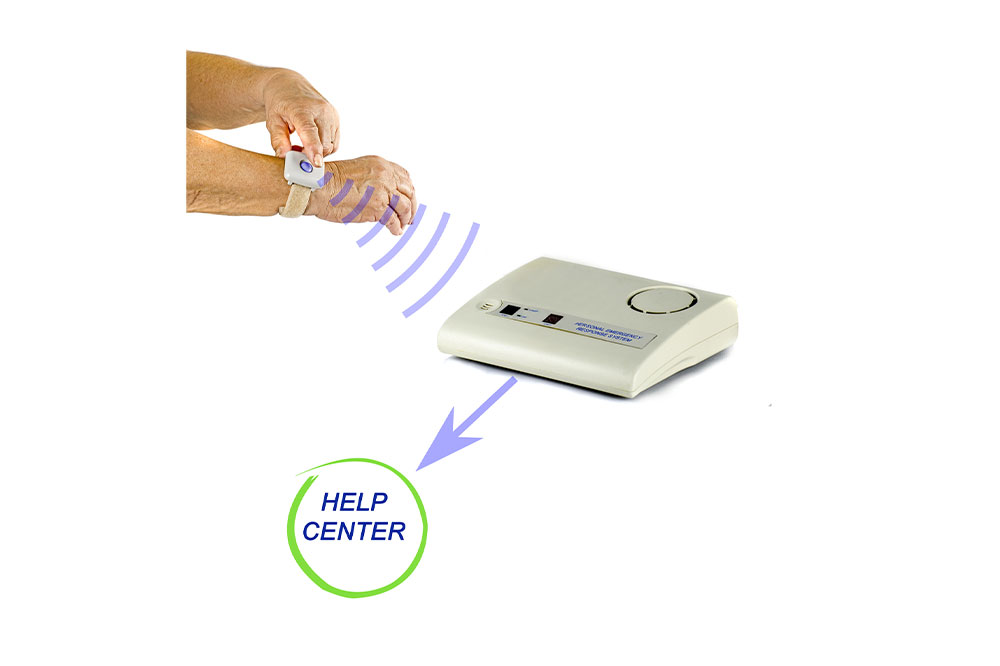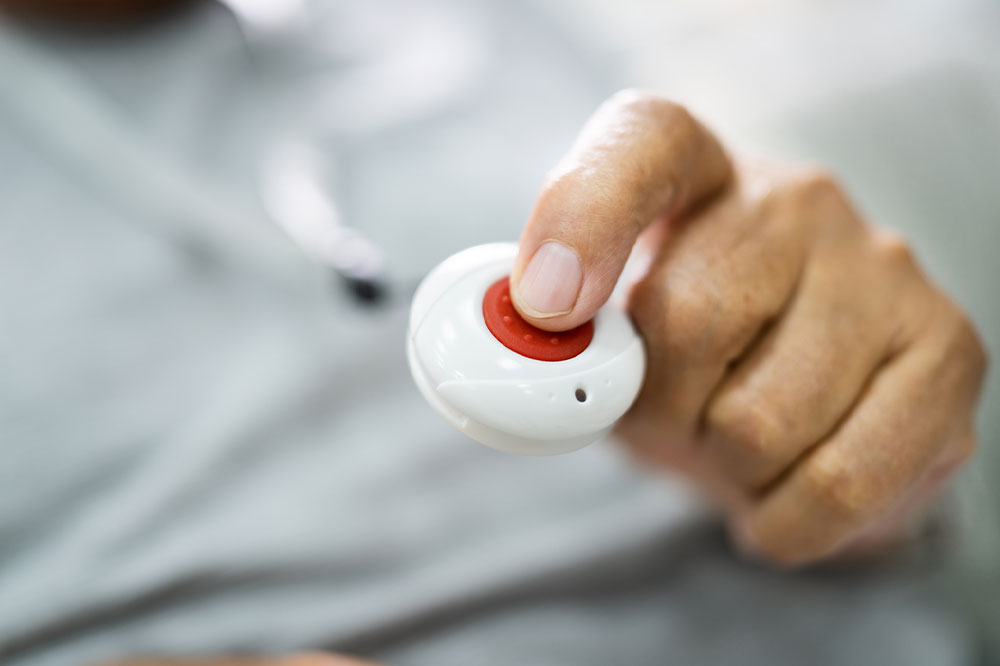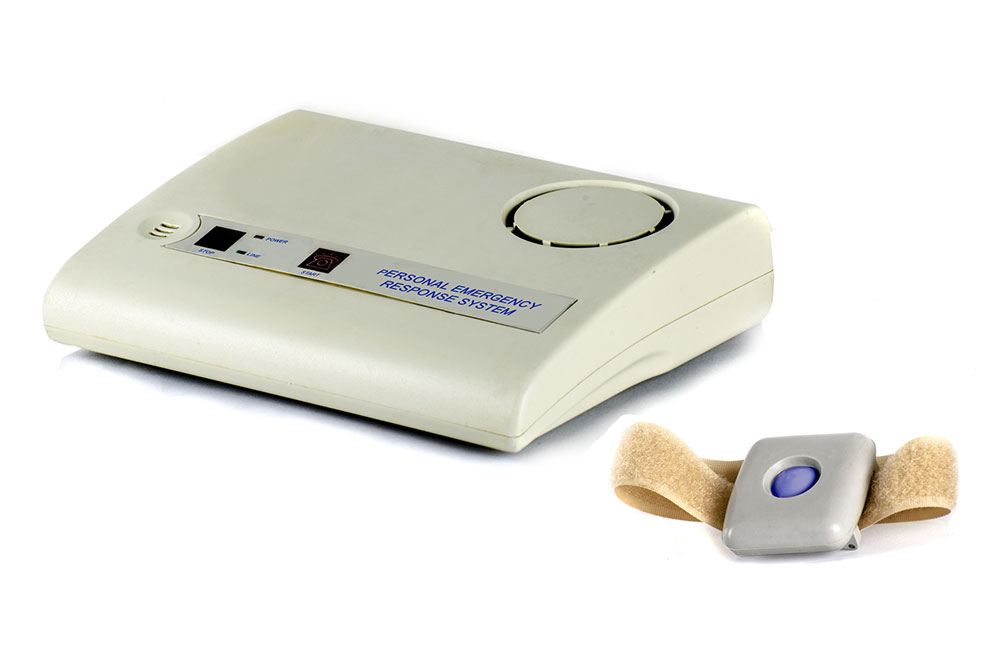Essential Tips for Selecting the Ideal Medical Alert System
Choosing the right medical alert system is vital for senior safety and independence. This guide highlights types, key features, and tips to select the best device. From traditional setups to mobile systems with GPS and fall detection, find out how modern technology ensures prompt emergency response. Evaluating your unique needs, whether home-based or active, helps in selecting a reliable alert system that provides peace of mind for loved ones. Expert reviews and top models are also discussed to aid your decision-making process. Ensure safety now with the perfect medical alert system tailored for you.
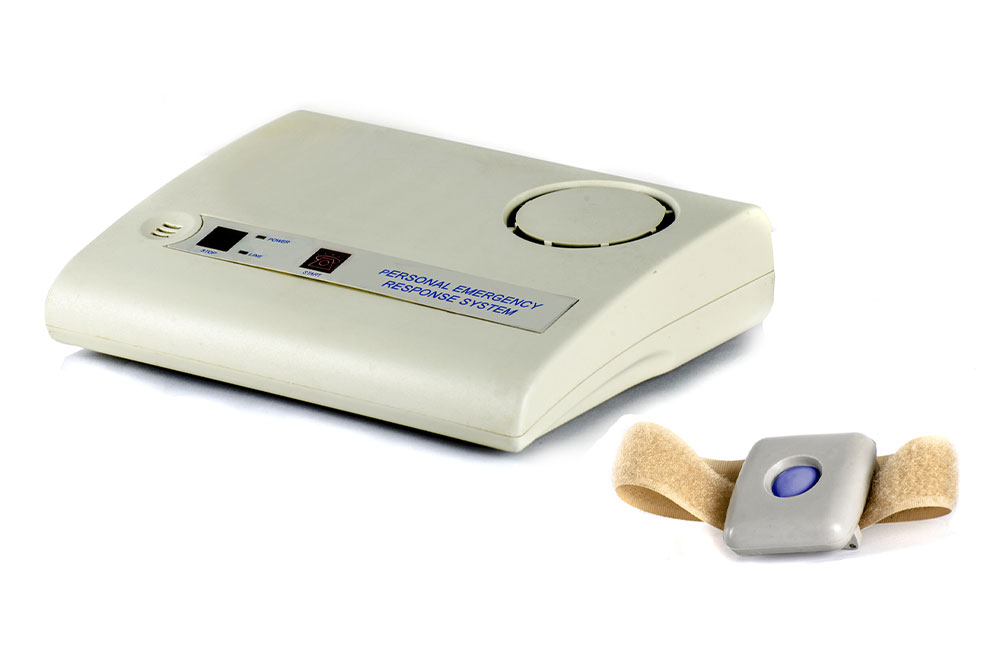
Essential Tips for Selecting the Ideal Medical Alert System
What Are Medical Alert Systems?
Deciding if a medical alert system is necessary depends on individual circumstances. These devices are essential for seniors living alone, in assisted living, or retirement communities. They provide rapid emergency response at the push of a button, ensuring prompt assistance. Today’s models are compact, comfortable to wear as pendants or bracelets, and often waterproof for safety in the bathroom, where many falls occur. Here's how they operate:
Subscribers choose a plan suited to their needs, receiving a wearable device that connects them to emergency services during crises.
In an emergency, pressing the button initiates a call to an operator.
The operator assesses the situation and contacts emergency responders or loved ones as needed, remaining on the line until help arrives.
If the caller is unresponsive, emergency services are dispatched directly.
If no medical concern exists, family or caregivers are notified of the incident.
Types of Medical Alert Devices
There are mainly two options available:
Traditional home-based systems use a base station with a speaker and microphone. Users wear a pendant or wristband connected via a landline. When activated, they connect to an operator who assists the user. Although older, this reliable system suits those primarily at home. Additional features like fall detection or cellular connectivity can enhance functionality at extra cost.
Mobile alert systems leverage smartphone technology, offering users the freedom to move around while staying protected. These systems typically don't require a base station and operate via cellular networks. Key features include:
Automatic fall detection: Sensors identify falls and alert contacts even if the user is unconscious or unable to press a button, providing crucial assistance without manual input.
GPS tracking: Enables precise location pinpointing for rapid response, maintaining independence while ensuring safety.
Waterproof/shatterproof designs: Devices are safe to wear during showers or baths, reducing fall and injury risks.
Guidelines for Choosing the Right System
Need for fall detection: Vital for those concerned about falls, with sensors that automatically notify help in case of accidents.
Home or mobile use: For mainly home-bound individuals, a stationary system suffices, but active seniors benefit from mobile systems that support outdoor activities.
Monitoring services: Decide whether professional response centers are necessary. Monitored systems connect directly to emergency responders, offering faster assistance.
Additionally, many systems include extra features like activity tracking, medication reminders, and security tools, providing comprehensive safety for loved ones. Price considerations should include potential add-ons, ensuring you select the best value for your needs.
Top Medical Alert Solutions
Philips Lifeline: Offers waterproof devices with fall detection, medication management, and 24/7 access to care specialists. Their extensive product range is highly regarded.
ResponseNow: Provides reliable in-home and cellular alert options with fall detection, backed by a 30-day satisfaction guarantee. Devices are shower-safe and easy to use.
GreatCall: Affordable and user-friendly mobile alert system with features like medication reminders, fitness tracking, and access to medical professionals when needed.
Life Alert®: Recognized for dependability, their waterproof devices with GPS can last up to 10 years and include emergency mobile app features.
Bay Alarm Medical: Known for a robust emergency response center, they offer devices with backup power, mobile apps, and even in-car alerts with crash detection.
LifeStation: An affordable option with quick response times, offering home and cellular systems with flexible packages.
Medical Guardian: Customizable alert systems with accessories for in-home or portable GPS use, tailored to individual needs.
LifeFone: Over four decades of experience, providing simple, reliable devices with optional fall detection, wellness calls, and medication alerts.
Qmedic: Features health monitoring functions like activity and sleep tracking, ideal for comprehensive elderly care with waterproof, maintenance-free devices.
BoomerAlert: Focuses on fall safety, offering shockproof, waterproof devices with GPS, capable of sending location details via multiple messaging platforms.
In conclusion, medical alert systems enhance safety and independence using advanced technology. Carefully evaluate your specific needs before choosing the optimal system for your loved ones' protection.

